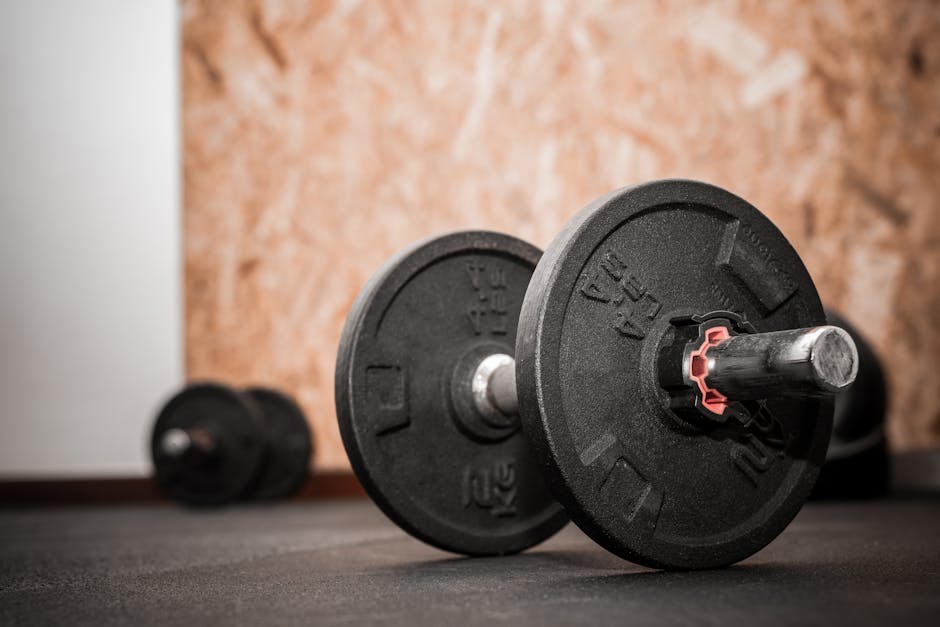Losing weight and reducing body fat is a common goal for many people, but it can be a daunting task. With so much conflicting information available, it's easy to get overwhelmed and confused about the best approach. This comprehensive guide will take you through the fundamentals of fat loss, providing you with the knowledge and tools you need to achieve your goals.
**Understanding Fat Loss**
Fat loss occurs when you burn more calories than you consume. This creates a calorie deficit, which forces your body to break down stored fat for energy. Fat cells are primarily made up of triglycerides, which are released into the bloodstream and transported to muscles to be used as fuel.
**Calorie Deficit: The Key to Fat Loss**
Creating a calorie deficit is essential for fat loss. To do this, you need to reduce your calorie intake or increase your calorie expenditure through exercise. The amount of calories you need to cut will vary depending on your age, weight, height, and activity level.
**Exercise: A Vital Component**
Exercise plays a crucial role in fat loss. Aerobic activities, such as running, swimming, and cycling, help burn calories and increase the rate at which you lose fat. Strength training is also important as it helps build muscle mass, which boosts metabolism and increases calorie expenditure even at rest.
**Dietary Changes for Fat Loss**
In addition to exercise, making dietary changes is essential for successful fat loss. Focus on consuming whole, unprocessed foods such as fruits, vegetables, lean protein, and whole grains. These foods are nutrient-rich and help keep you feeling full while reducing your calorie intake.
**Hydration: Don't Underestimate Its Impact**
Staying adequately hydrated is crucial for fat loss. Water helps boost metabolism, reduce hunger, and flush out toxins. Aim to drink at least 8 glasses of water per day, especially before and after exercise.
**Sleep: The Underrated Fat Loss Factor**
Getting enough sleep is often overlooked when it comes to fat loss. However, sleep is essential for regulating hormones that control appetite and metabolism. Aim for 7-9 hours of quality sleep each night.
**Stress Management: The Hidden Enemy**
Chronic stress can lead to hormonal imbalances that promote fat storage. Find healthy ways to manage stress, such as exercise, meditation, or yoga.
**Patience and Consistency: The Path to Success**
Fat loss is not a quick fix. It requires patience and consistency. Don't get discouraged by setbacks, and remember that gradual and sustainable changes are more likely to lead to lasting results. Stay positive, and don't give up on your goals.
By following the principles outlined in this guide, you can unlock the secrets of fat loss and achieve a healthier, leaner body. Remember to consult with a healthcare professional before making significant dietary or exercise changes.

